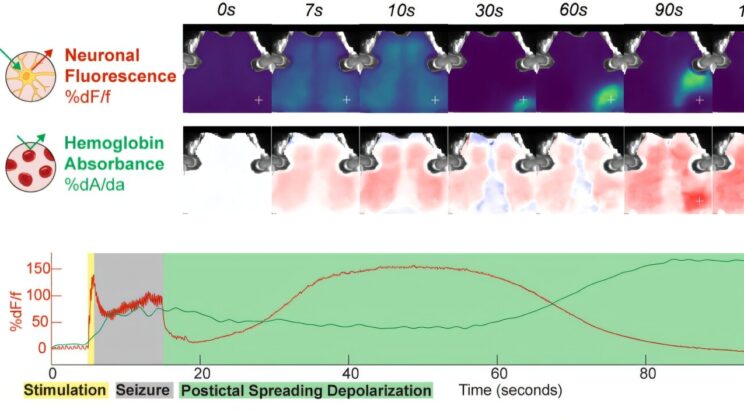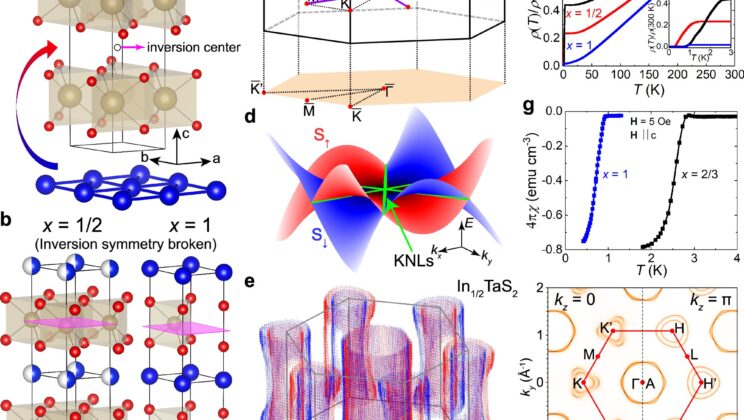Sleep is often hailed as the body’s most natural healer—a nightly ritual that restores mental clarity, balances emotional well-being, and…
The Hidden Brain Wave Behind a Life-Saving Psychiatric Treatment
In the heart of one of the nation’s most storied psychiatry programs, a transformative shift is quietly underway—one that may…
How Menopause Affects Your Bones, Skin, and Heart
For many women, menopause is synonymous with hot flashes, mood swings, and irregular periods. But while these immediate symptoms may…
Hormone Replacement Therapy: Pros and Cons
Hormones are the invisible conductors of the human body’s symphony. They regulate everything from metabolism to mood, sleep to sex…
Menopause and Weight Gain: What You Can Do
And the most maddening part? You haven’t changed anything. You still eat well, you exercise, maybe even more than you…
How to Sleep Better During Menopause
There comes a moment in many women’s lives when nightfall no longer brings peaceful rest, but rather a frustrating cycle…
The Best Diet for Women in Menopause
Menopause is not just a phase—it’s a powerful biological shift, a transition that reshapes the female body in ways both…
How Menopause Affects Mental Health
Menopause is often spoken of in hushed tones, as if it were a secret milestone women are expected to endure…
Hot Flashes: Causes and Relief Tips
Hot flashes are one of the most well-known—and often misunderstood—symptoms of menopause. For many women, they come out of nowhere…
New Discovery in Quantum Materials Could Lead to Energy-Loss-Free Devices
In the bustling laboratories of Rice University, where science and innovation meet at the frontier of human understanding, a group…
Natural Ways to Ease Menopausal Symptoms
Menopause marks one of the most transformative journeys in a woman’s life. It is not simply the end of menstruation—it’s…
What to Expect During Menopause
For many women, menopause doesn’t come crashing into their lives with fireworks and announcements. It often arrives like a quiet…
Signs of Perimenopause You Might Be Missing
Perimenopause doesn’t begin with fireworks or a big announcement. It creeps in subtly, quietly rearranging the body’s internal symphony before…
How to Rebuild Your Core Postpartum
Welcoming a baby is one of the most transformative experiences in a woman’s life, but it also brings immense physical…
Breastfeeding Tips for New Moms
Becoming a new mother is a life-changing experience filled with joy, wonder, and sometimes, unexpected challenges. Among the many adjustments,…
How to Heal After Childbirth
Bringing life into the world is nothing short of miraculous, but the period that follows—quiet, intimate, and sometimes painful—is often…
What Is Postpartum Depression?
Bringing new life into the world is often celebrated with joy, balloons, flowers, and endless admiration. The glow of pregnancy,…
The Importance of Prenatal Vitamins: Nourishing Life Before Birth
Before a baby even makes its presence known with a heartbeat or a flutter in the womb, something profound is…
How to Deal with Morning Sickness Naturally
Morning sickness has a terribly misleading name. For many expectant mothers, it doesn’t just hit in the morning—it can sneak…
What Foods to Eat (and Avoid) While Pregnant
Pregnancy is one of the most transformative journeys a woman can experience. It’s not just a matter of growing a…
Signs of a Healthy Pregnancy: What Your Body Is Telling You
Pregnancy is a remarkable, life-altering journey that intertwines biology, emotion, and transformation. It’s not just about growing a new human—it’s…
How to Stay Healthy and Fit During Pregnancy
Pregnancy is one of life’s most transformative journeys. With each passing day, your body creates and nurtures a brand-new human…




















